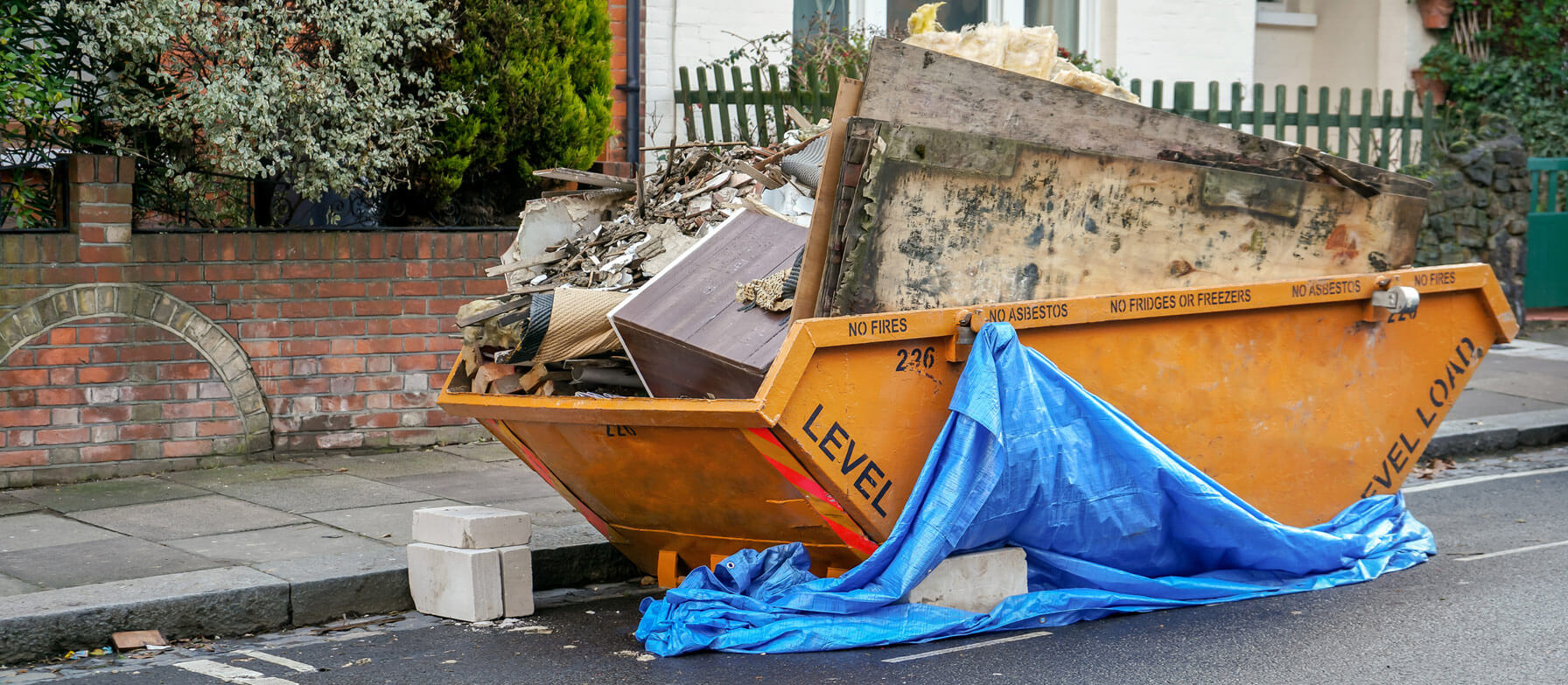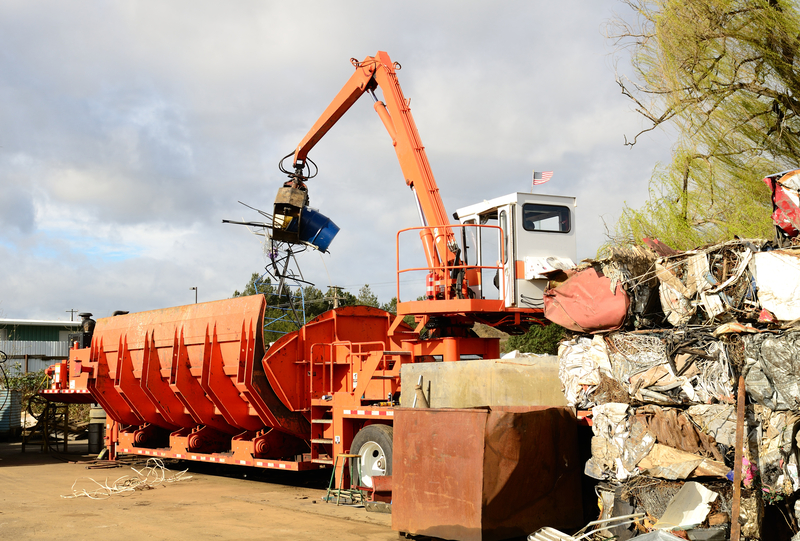Scrap metal recycling is involved with the processing and reuse of metallic waste for new products and applications. This means collecting waste metal, such as from scrap cars and food packaging, and then melting down the materials for use elsewhere.
By melting down waste metal, it is possible to create new products without the negative environmental implications of sourcing raw materials from scratch. This helps to protect the environment and limits the use of the world’s finite resources.
Recyclable metal can come from many different sources, but some of the most common include scrapped cars, commercial and residential site clearances, electronics, food and drink packaging, and more.
Many types of metal can be recycled, including scrap copper, aluminium, tin, steel, iron, and brass. To make things simpler, metal scrappers break these down into two major categories: ‘non-ferrous’ and ‘ferrous’ metals.
Non-ferrous metals tend to be lightweight and robust. Popular examples include copper, zinc, and aluminium. These metals are less common than ferrous and contain no iron content. They’re also non-magnetic and typically corrosion-resistant.
On the other hand, ferrous metals are often super-strong but prone to corrosion and rusting (with some exceptions). They’re classed as alloys because they are composed of multiple types of metal. Ferrous metals include steel, cast iron, and wrought iron.
Why Does Metal Recycling Help the World?
Recycling metal can help the world in several ways, but it is from an environmental perspective where the real advantages lie. There are also various practical and economic benefits for commercial and private scrappers:
- Energy conservation — It is far more economical to recycle metal than to mine the raw materials from scratch. This brings great energy conservation benefits and helps to preserve natural resources.
- Business finances — As a finite resource, continually mining for new metals can place great strain not only on the environment but also on the finances of businesses involved in the supply chain. Recycling helps companies to save money.
- Reduce toxic waste — Reusing metallic waste helps to reduce the number of toxins finding their way into the ecosystem. Over time, metal elements like neodymium and cerium can contaminate the soil and water, destroying habitats and leading to potential health implications for both humans and animals.
- Clutter removal — The removal of excess clutter and disused metals can be greatly beneficial to both businesses and residential scrappers. By using an accredited scrap metal merchant, clutter can be safely removed and processed in an environmentally sound way.
- Cash for recycling — Commercial businesses and private residential scrappers can earn money by weighing in their own explicitly owned scrap metal. The key benefit is that companies and individuals can continue to meet their environmental and legal obligations in terms of metal scrappage.
For more information on metal recycling or to arrange the professional removal of scrap, call our team on 01295 710 223 or visit our contact page to fill in an enquiry form. We’re based in Banbury and operate around Northampton, Bicester, Buckingham, and other nearby areas.

